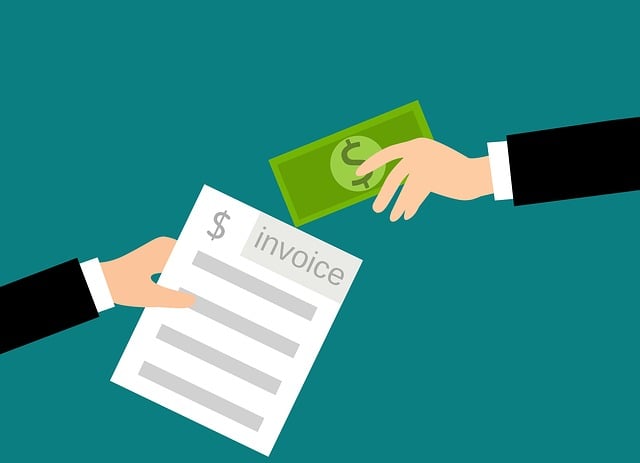Invoice factoring offers businesses a swift and effective solution to enhance cash flow and secure finances. By converting outstanding invoices into immediate funds, it provides a consistent cash flow source, enabling companies to manage debts, invest in growth, and handle unexpected expenses. This method delivers reliable funding and optimizes cash management practices, giving business owners greater control over their working capital and strategic decision-making. Ideal for seasonal operations or industries with prolonged payment cycles, invoice factoring ensures secure business finances and enhances liquidity for strategic growth.
In today’s fast-paced business landscape, access to immediate funds is crucial for growth and stability. Fast cash access through invoice factoring offers a game-changing solution, transforming how businesses manage their finances. This article delves into the world of invoice factoring, explaining its role as an alternative financing method and exploring its numerous benefits: from boosting consistent cash flow and enhancing liquidity to securing business finances and optimizing overall cash management strategies.
- Understanding Invoice Factoring: Unlocking Fast Cash Access
- – Define invoice factoring and its role in business financing.
- – Explain the process and how it differs from traditional lending methods.
Understanding Invoice Factoring: Unlocking Fast Cash Access

Invoice factoring is a powerful financial tool that enables businesses to unlock fast access to cash, offering numerous benefits for companies seeking improved cash flow and enhanced liquidity. By utilizing this method, businesses can transform their outstanding invoices into immediate funds, providing a reliable funding source that supports their operations and growth. This process involves selling accounts receivable at a discounted rate to a factor, who then collects the full amount from the customers.
This approach ensures secure business finances as it provides a predictable and consistent cash flow. Businesses can optimize their cash management by receiving funds within 24 hours of invoicing, allowing them to meet immediate financial obligations, invest in expansion, or cover unexpected expenses. With invoice factoring, companies gain control over their working capital, fostering stability and enabling strategic decision-making with greater ease.
– Define invoice factoring and its role in business financing.

Invoice factoring is a financial solution that enables businesses to convert their outstanding invoices into immediate cash. It involves selling accounts receivable (invoices) to a third-party factor, who then collects the payments directly from the customers and remits the net proceeds to the business. This process provides businesses with quick access to funds, ensuring they have the necessary capital to maintain operations, cover expenses, and seize growth opportunities.
One of the key invoice factoring benefits is its ability to enhance liquidity by providing consistent cash flow. Unlike traditional loans that may have stringent requirements and long approval processes, factoring offers a straightforward and reliable funding source. It allows businesses to optimize their cash management by accessing funds as soon as invoices are issued, thereby improving overall financial stability and enabling strategic decision-making.
– Explain the process and how it differs from traditional lending methods.

Invoice factoring offers a unique and efficient solution for businesses seeking fast access to cash. Unlike traditional lending methods that often involve lengthy applications, credit checks, and waiting periods, invoice factoring provides a streamlined process. Here’s how it works: Businesses sell their outstanding invoices (i.e., accounts receivable) to a factor at a discount. The factor then collects the full amount from the customers directly, typically within a set period. This method ensures businesses gain immediate access to funds, enabling them to optimize cash management and enhance liquidity.
One of the key advantages is the consistent cash flow it facilitates. Traditional loans might require periodic repayments, causing temporary financial strain. Factoring, however, offers a more predictable cash flow by advancing a percentage of each invoice upfront, providing reliable funding for business operations and strategic growth. This approach can be particularly beneficial for businesses with seasonal sales or those in industries with long payment cycles, ensuring they have the capital to navigate any financial landscape.






